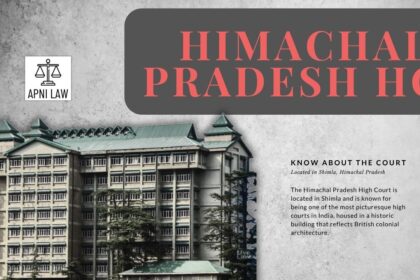Protective Law Misused as Punishment, Says Delhi High Court
The Delhi High Court clarified that Section 21 of the POCSO Act aims to ensure timely reporting of child sexual abuse, not to penalize delay in reporting due to trauma or fear. The Court emphasized that justice should not suffer due to technicalities.
Case Background
A minor girl was allegedly sexually assaulted by her father and two relatives. Her mother, also a victim of domestic violence, eventually reported the crime. However, the police noted she made earlier PCR calls mentioning only physical assault and not sexual abuse. Based on this, charges under Section 21 of POCSO were framed against her for not reporting the abuse earlier.
Mother’s Argument
The mother argued she was physically abused by her in-laws and lived in fear. She wasn’t protecting the accused but was trying to survive in a hostile environment. The legal action against her was based only on delay, not denial, of the offence.
Court’s Ruling
Justice Swarana Kanta Sharma ruled that the mother was not complicit. Instead, she enabled justice by initiating the medical exam and legal action for her child. The Court said Section 21 penalizes non-reporting, not delayed reporting.
Final Verdict
The Court set aside the charge, calling it unjust. It said punishing the mother would harm both her and her child. The ruling affirmed that hesitation due to trauma is human and should not be criminalized.
Conclusion
The decision reinforces that POCSO’s goal is child protection, not punishing vulnerable victims. Timely justice must account for real-life complexities.








